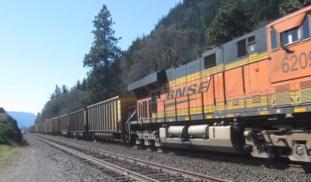Please wait...
About This Project
There is a proposal to significantly increase the number of trains carrying coal through Washington State, but at present little is known about the likely health impacts from this plan. Our project will examine air quality for people living near the tracks in Whatcom County.



